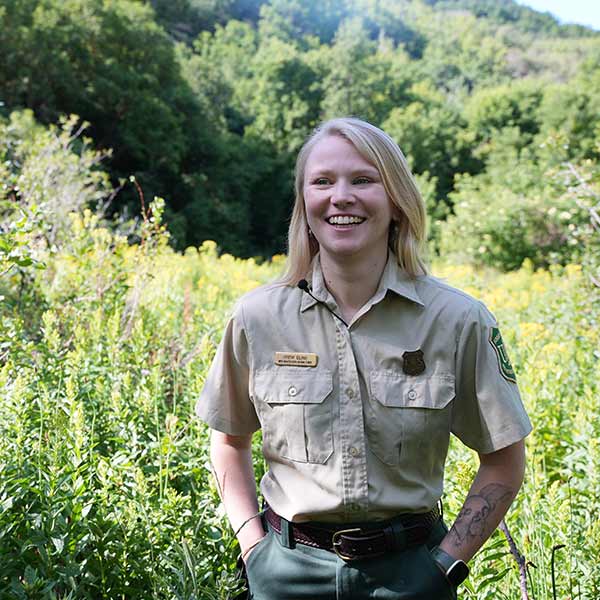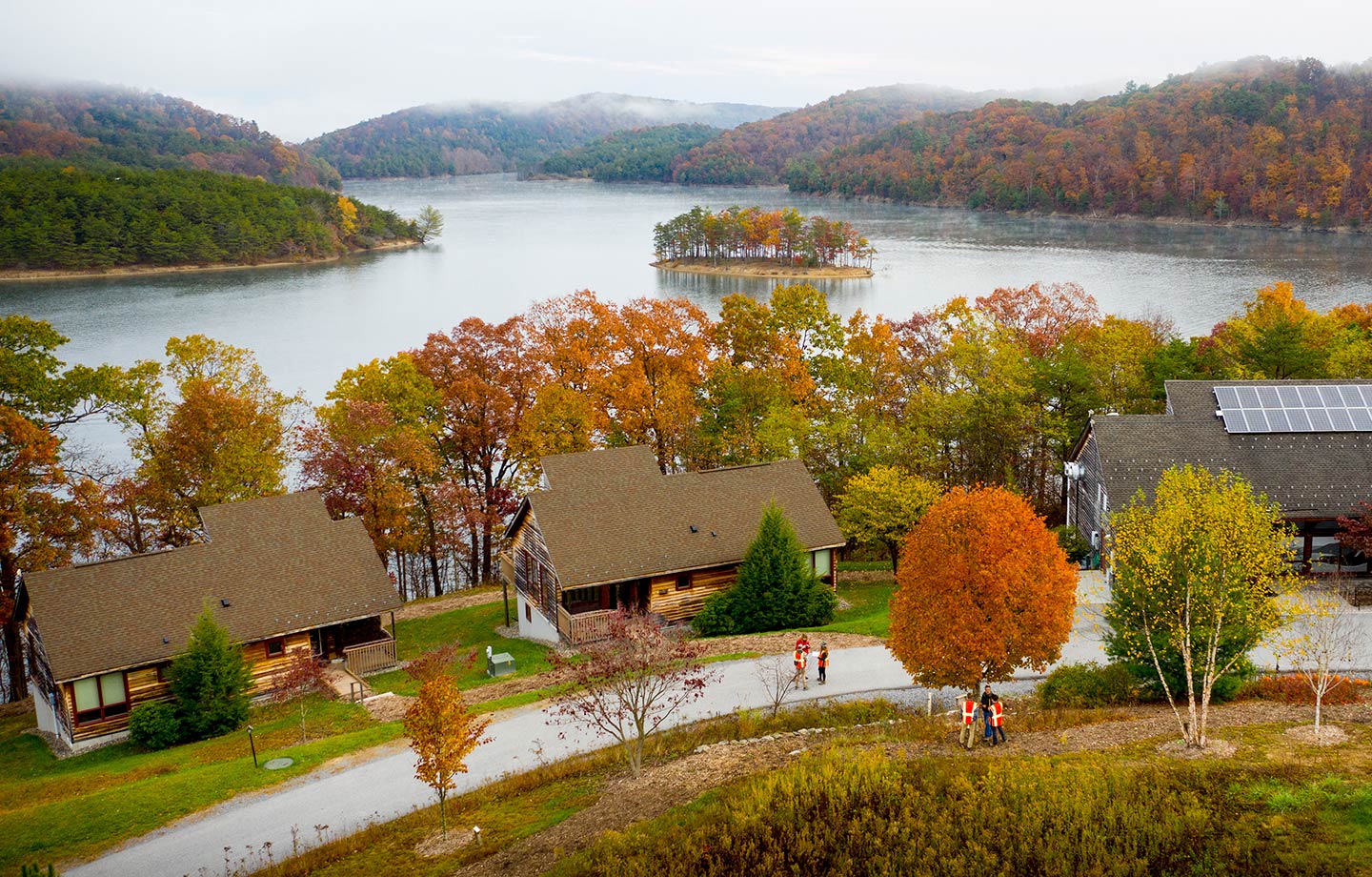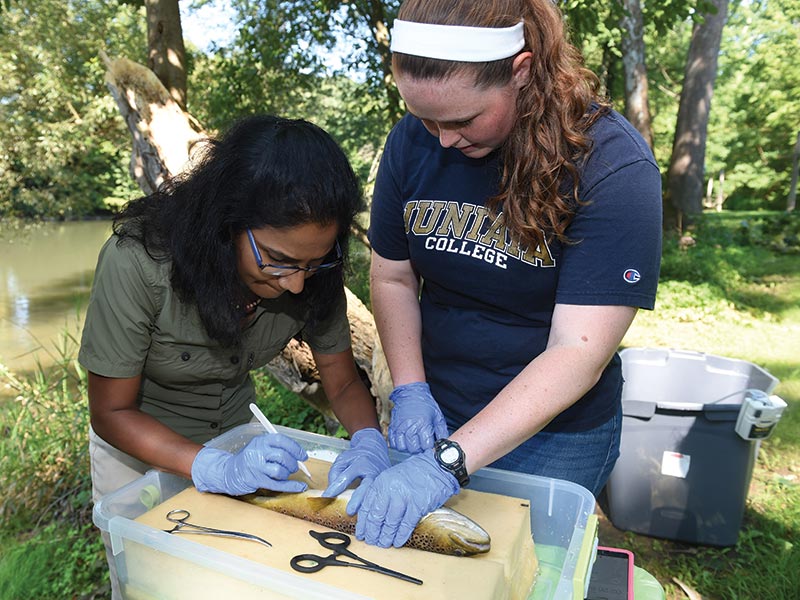
Studying Wildlife Conservation through the Department of Environmental Science and
Studies at Juniata College provides a strong, hands-on learning experience that uses
the natural environment to help teach and supplement the concepts being taught. Students
have the opportunity to get their hands dirty at our Raystown Field Station, become
certified as an Associate Wildlife Biologist through the Wildlife Society, and present
major research projects.
More than 85% of graduates who have applied to graduate schools in the past five years
have been accepted with full funding, and all graduates in the past five years who
sought professional positions related to their degrees were hired within weeks of
graduation.
Students have the opportunity to get their hands dirty at our Raystown Field Station, become certified as an Associate Wildlife Biologist through the Wildlife Society, and present major research projects.

Studying Wildlife Conservation through the Department of Environmental Science and
Studies at Juniata College provides a strong, hands-on learning experience that uses
the natural environment to help teach and supplement the concepts being taught. Students
have the opportunity to get their hands dirty at our Raystown Field Station, become
certified as an Associate Wildlife Biologist through the Wildlife Society, and present
major research projects.
More than 85% of graduates who have applied to graduate schools in the past five years
have been accepted with full funding, and all graduates in the past five years who
sought professional positions related to their degrees were hired within weeks of
graduation.
Students have the opportunity to get their hands dirty at our Raystown Field Station, become certified as an Associate Wildlife Biologist through the Wildlife Society, and present major research projects.

Studying Wildlife Conservation through the Department of Environmental Science and
Studies at Juniata College provides a strong, hands-on learning experience that uses
the natural environment to help teach and supplement the concepts being taught. Students
have the opportunity to get their hands dirty at our Raystown Field Station, become
certified as an Associate Wildlife Biologist through the Wildlife Society, and present
major research projects.
More than 85% of graduates who have applied to graduate schools in the past five years
have been accepted with full funding, and all graduates in the past five years who
sought professional positions related to their degrees were hired within weeks of
graduation.
Students have the opportunity to get their hands dirty at our Raystown Field Station, become certified as an Associate Wildlife Biologist through the Wildlife Society, and present major research projects.
Related Programs:
Valuable Experiential Learning Opportunities
Juniata is located in a region of central Pennsylvania containing abundant natural resources. It is a beautiful setting to study the environment. Mountains and forests, diverse wildlife and aquatic habitats, field work and being outdoors are highlights of the learning experience. Learn more here.
Valuable Experiential Learning Opportunities
Juniata is located in a region of central Pennsylvania containing abundant natural resources. It is a beautiful setting to study the environment. Mountains and forests, diverse wildlife and aquatic habitats, field work and being outdoors are highlights of the learning experience. Learn more here.
Raystown Field Station
At our environmental research complex on the shores of Raystown Lake, you can enjoy 24-hour access to expansive, mountainous wildlands within the Raystown Branch of the Juniata River watershed, a major lake fishery on Raystown Lake, as well as an educational program rare for an undergraduate institution.
Learn More →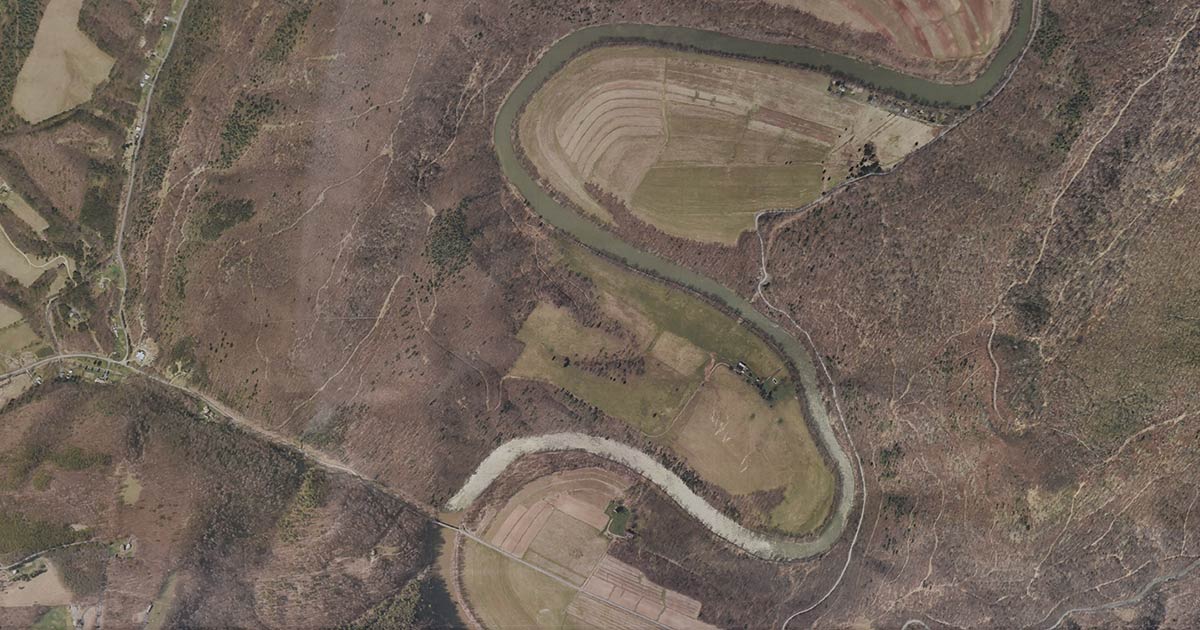
Sparks Farm

Sparks Farm

Sparks Farm

Sparks Farm
Glaeser Greenhouse
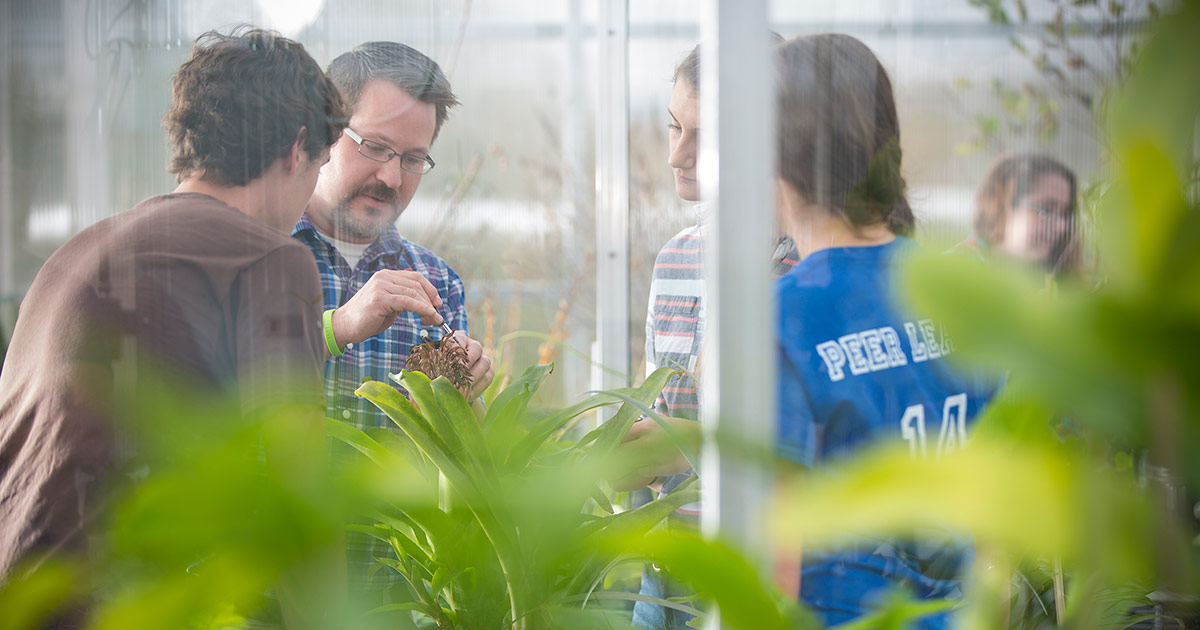
Glaeser Greenhouse

Glaeser Greenhouse

Glaeser Greenhouse

The GIS and Spatial Analytics Lab
The Geographic Information System (GIS) lab is used by students for capturing, storing, analyzing and managing data which are spatially referenced to the earth. It is also useful for students studying technology to be knowledgeable in GIS. Some of the technologies available to students in the lab include:
- The Remote Sensing Exploitation Platform (ENVI)
- Hydrologic Engineering Centers River Analysis System (HEC-RAS)
- The Data Visualization & Analysis Platform (IDL)
- IDRISI GIS
- Image Processing Software
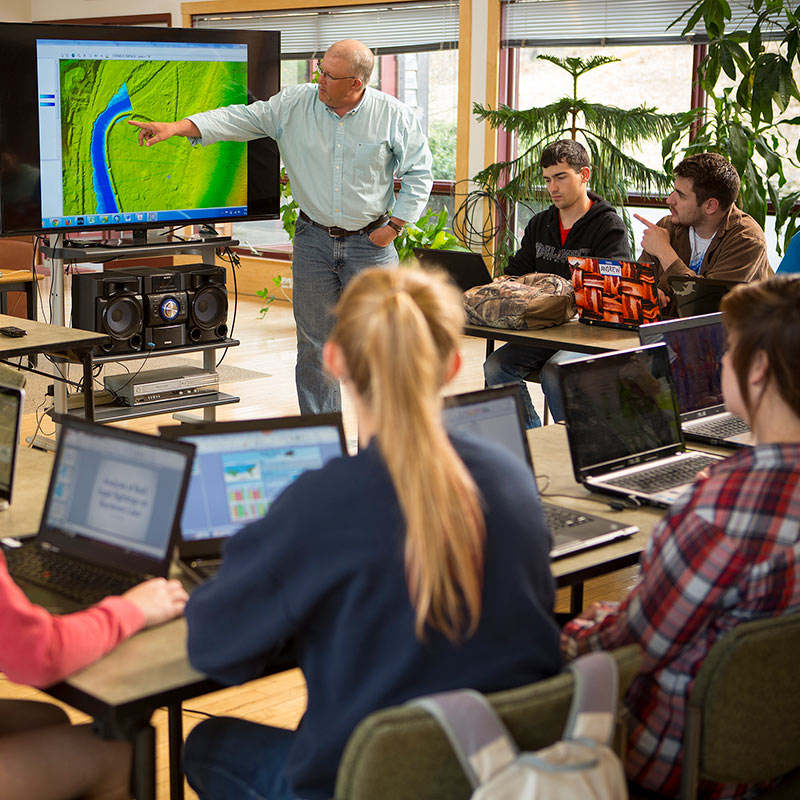
The GIS and Spatial Analytics Lab
The Geographic Information System (GIS) lab is used by students for capturing, storing, analyzing and managing data which are spatially referenced to the earth. It is also useful for students studying technology to be knowledgeable in GIS. Some of the technologies available to students in the lab include:
- The Remote Sensing Exploitation Platform (ENVI)
- Hydrologic Engineering Centers River Analysis System (HEC-RAS)
- The Data Visualization & Analysis Platform (IDL)
- IDRISI GIS
- Image Processing Software

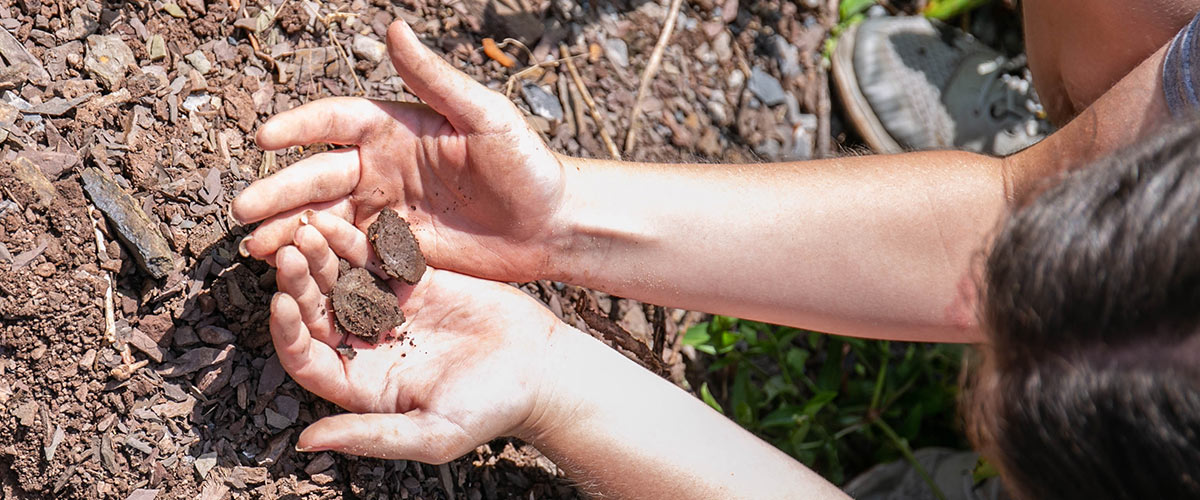 skip to content
skip to content







